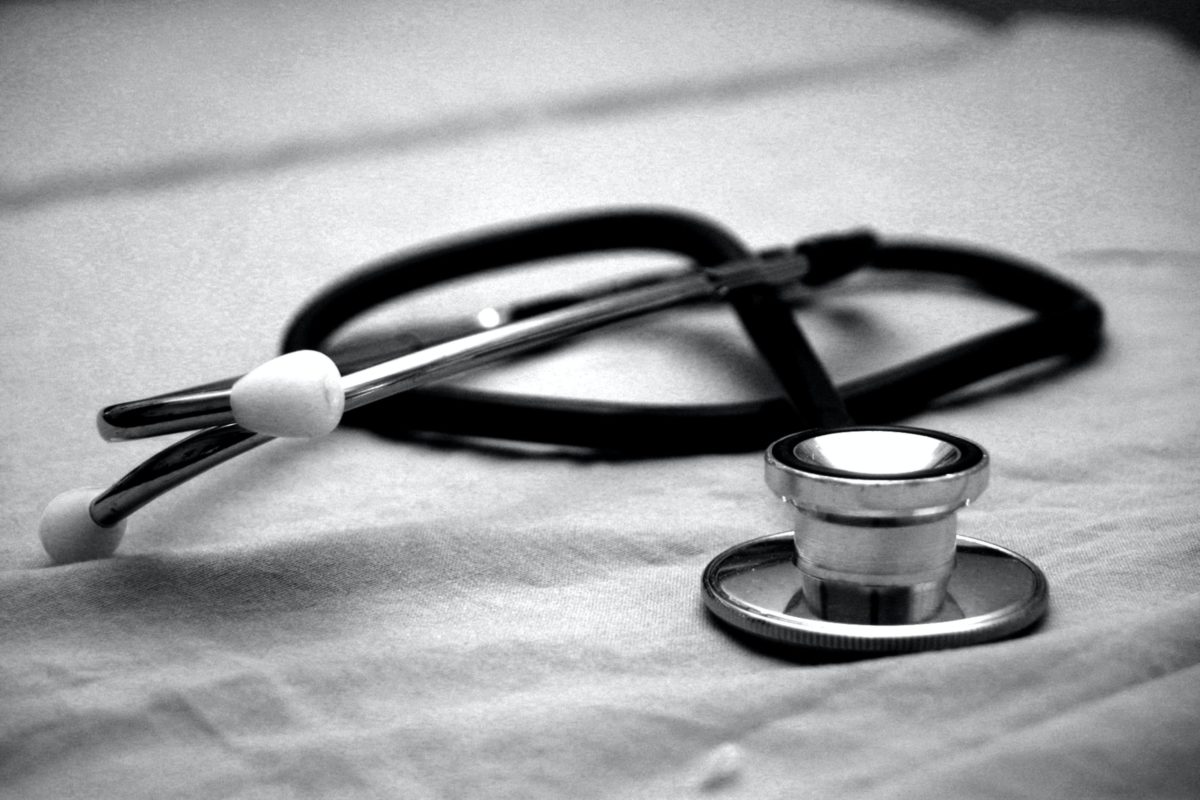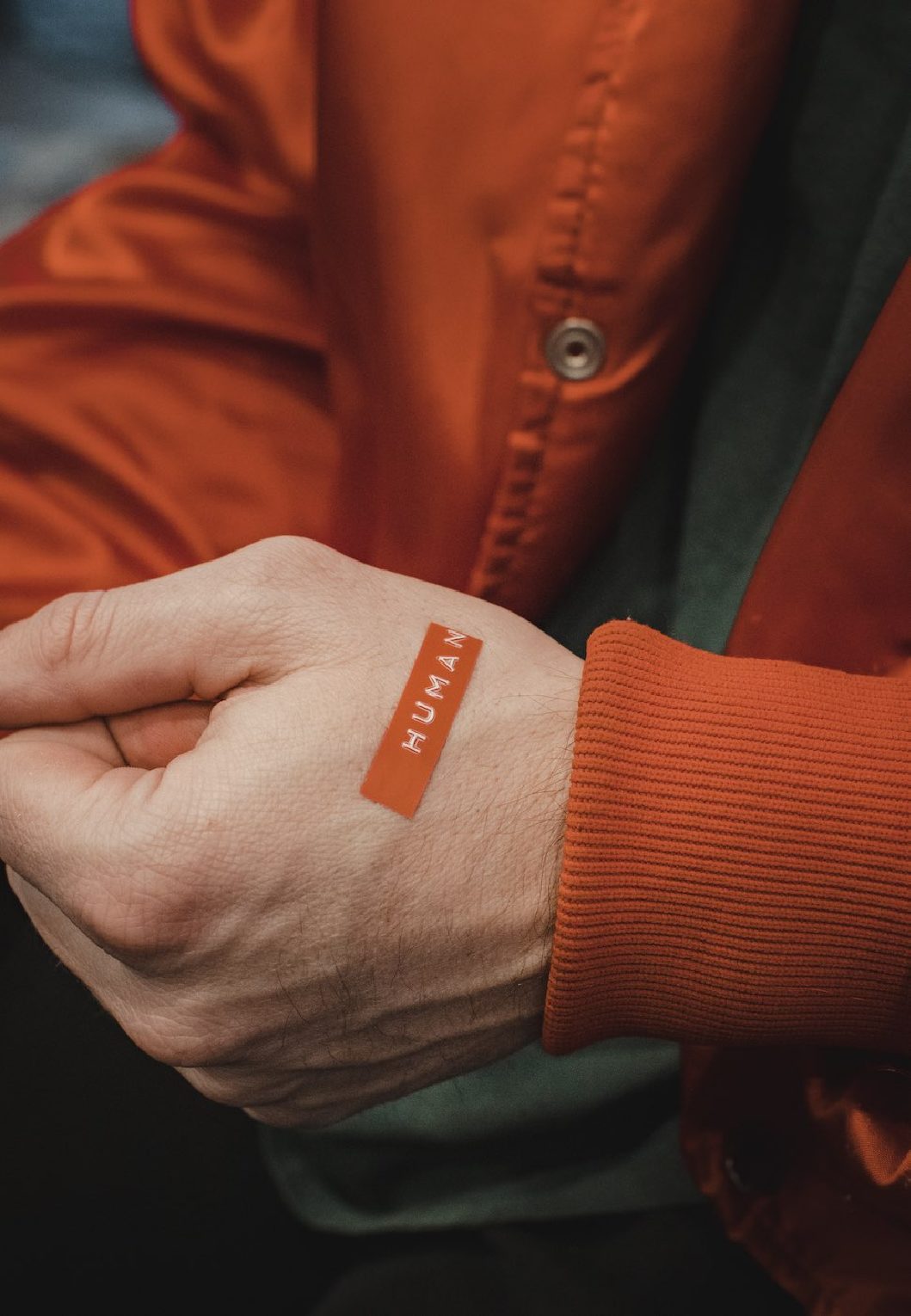With its overwhelming resources, technological advancements, and so called exceptional medical training, the United States is expected to have the ability and intention to provide quality and fair treatment for all. However, we are failing to do just that. Despite the talk of the American Dream, all of America’s riches, and the idea of equality for all, numerous flaws are intertwined into the foundation of America, primarily seen in the quality of care for Americans. Not only are individuals, primarily those who identify as lower class or people of color, struggling to find proper access and affordability to care but humans are simply viewed as machines and statistics by the healthcare system. They are not seen for their individuality as a human and their dignity has failed to be recognized and acted upon. Therefore, they are not at all treated equally, respectfully, empathetically, or fairly. This is an issue that must be acted on with urgency so that the very system that is meant to protect and care for us most can do just that.
A Humanitarian Crisis
Once a person is not seen for their innate dignity, any treatment becomes acceptable. It is easy to mistreat someone when they are not seen for the person they are and the individuality that makes them who they are. This is what allows for the many issues in the U.S. healthcare system such as the financial burden on the poor, access problems for those in rural areas, over medicalization of female bodies, and racism against people of color.
A primary example to note is the emphasis on symptoms rather than holistic care of patients through factors such as a heavy reliance on electronic healthcare records. There is a greater focus on fragmented care than on holistic and integrated care, leading to handoff of patients between different providers in the system increasing the likelihood of error. There is a tendency for individuals to get tossed around to different settings that may not even have a connection to one another leading to duplicated care, uncoordinated services and increased expenses.1 There is also often danger in prescribing medications that interact poorly with others or a repetition of tests already performed. Physicians and the health care system are also more focused on profits rather than the health outcomes of patients. Although the U.S. spends more on healthcare than any other nation in the world, there are poorer outcomes for many significant health measures such as “life expectancy, preventable hospital admissions, suicide, and maternal mortality.”1 This type of treatment should not be considered proper or quality care for individual humans who experience pain, have unique health conditions specific to them, face their own surrounding circumstances and are overall not simply numbers or objects.
“The most powerful empirical stimulus for this is the realization of how much everyone has or believes he has something organically wrong with him, or more positively put, how much can be done to make one feel, look or function better.”
Irving Kenneth Zola in Medicine as an Institution of Social Control2
This is similar to how people are seen only for their sickness rather than who they are. Although a person is not condemned for having a disease, they are still seen as flawed if they don’t deal with the disease the “right way” by breaking appointments, not following treatment regimens, and delaying their seek of medical care.2 This sick role imagines sickness through a lens of deviance and social obligation. Judgment and use of labels puts an additional burden on those that are sick when they are already feeling shameful, overwhelmed, and mistrusting due to their illness. Not only is this extremely problematic but medicine has become a force of authority and social control that remains unquestioned so this is a continuous pattern. It has been used as a way to secularize moral authority just as religion and law were once used to dictate what was wrong with a person and define them with their illness.2 Due to their diseases, individuals become forbidden from certain activities, confined until cured, and subject to assumption and discrimination, leaving them with no choice but to feel defined by their sickness and punished for their illness.2 We are simply looked at for our sickness and begin to be solely defined by being labeled as dysfunctional and in need of medical intervention rather than our identities. This interferes with every individual’s own human experience, giving medical professionals and institutions sole access into the area of people’s human existences and the unique circumstances that come with it.
Slipping away
There is very often an immediate instinct and reliance on determining a medical reason for issues and medicating resulting in unnecessary diagnoses, prescribing of drugs, and performances of tests due to the over medicalization out of fear of getting sued.1 This is seen through medical care often being immediately offered to pinpoint a specific issue and prevent the risk of blame. It is almost as if patients are seen as guinea pigs that are experimented on and medicated rather than humans with dignity and individuality who deserve to be talked to, treated fairly, and most importantly respected and understood.

This theme is shown in the Remote Area Medical (RAM) film surrounding a nonprofit that helped to alleviate and serve a community with a pop up clinic providing free medical services.3 Although the organization has been successful at stepping up for a group that struggled receiving access and opportunity to just and quality healthcare due to the area they resided in, there was still an issue in the way they provided care. I felt as though the people receiving RAM’s help were dehumanized in a way. They were seen as numbers rather than individual persons. Although it was a very hectic situation where everyone attempted to keep everything in order and keep the lines moving, the workers and volunteers shouted out numbers hastily. It was clear that the people attending were anxious to get in and get help but rather than the workers empathizing with their extenuating situations and circumstances, they shouted at them and were not understanding. This is a prime example of the issue of assembly line care where significant issues and hardships are overlooked, patient stories are not heard, trust and personal relationships are not able to be developed, and patients feel the need to give up and avoid the care they need.1
As a young black woman from a single parent household, my family and I faced a lack of access to proper healthcare continuously–care that was affordable and given without judgment or assumptions. We were looked at as statistics that they rushed caring for just to carry on and get to the next person. It was often that physicians and other medical authorities urged that they always knew what was best and because of our physical appearance or financial status, we were seen as not educated enough to make informed decisions for ourselves. My mom constantly had to stand up for herself and for us whenever she had any questions or needed clarification about certain vaccines, procedures, or tests she was uncertain about. Overall, our dignity as human beings was overlooked.
Reclaiming our Individuality
So how do we reclaim our human individuality in the intense world of healthcare and medicine?
“The question going forward is whether there will be trust, will, and vision necessary to build something better.”
Rob H. Shmerling from Harvard Health1
America’s healthcare system has the ability to soften effects of hardships such as economic inequality through delivery of high quality care to everyone but the institutions as well as the expensive financing patterns of the system are built against achieving this.4 Access to medical services is unequal in this nation, lower income families experience the most financial burdens, and disparities flood the system. Individuals struggle to gain a grasp on quality care and a quality of life as they are labeled as less than and are seen as a number when they are uninsured, uneducated, rural residents, female, or a person of color.
Despite this country’s healthcare system and its countless issues, there is hope. There is no simple solution but I believe the greatest change will come through 1% solutions, which are tiny tweaks done to the healthcare system until there is a significant difference in patient outcomes.5 Although we can’t fully anticipate or shape the future by preventing all problems, as patterns in healthcare outcomes become more susceptible to empiricism, this ambition is what will allow for incrementalist solutions promising benefits down the road, which is something that we will have to be patient about and trust in as we “recognize problems before they happen” and use “steady, iterative effort [to] reduce, delay, or eliminate them.”5

All in all, we need advocates, people who care and have the power to stick up for us with the utilization of their voices and platforms. These are the people that can make the most change and the greatest difference in our lives. They are the people that see us for who we are. Step by step and day by day we can truly become what America is known for, a nation that cares about the health of all of its people, one that strives towards equal access and opportunity for all.
References
1 Robert H. Shmerling, MD. “Is Our Healthcare System Broken?” Harvard Health, 13 July 2021, https://www.health.harvard.edu/blog/is-our-healthcare-system-broken-202107132542.
2 Zola, Irving Kenneth. “Medicine as an Institution of Social Control.” The Sociological Review, vol. 20, no. 4, 1972, pp. 487–504., https://doi.org/10.1111/j.1467-954x.1972.tb00220.x.
3 Reichart, Jeff and Farihah Zaman, directors. Remote Area Medical. Candescent Films, 2013.
4 Dickman, Samuel L, et al. “Inequality and the Health-Care System in the USA.” The Lancet, vol. 389, no. 10077, 2017, pp. 1431–1441., https://doi.org/10.1016/s0140-6736(17)30398-7.
5 Gawande, Atul. “The Heroism of Incremental Care.” The New Yorker, 16 Jan. 2017, https://www.newyorker.com/magazine/2017/01/23/the-heroism-of-incremental-care.

